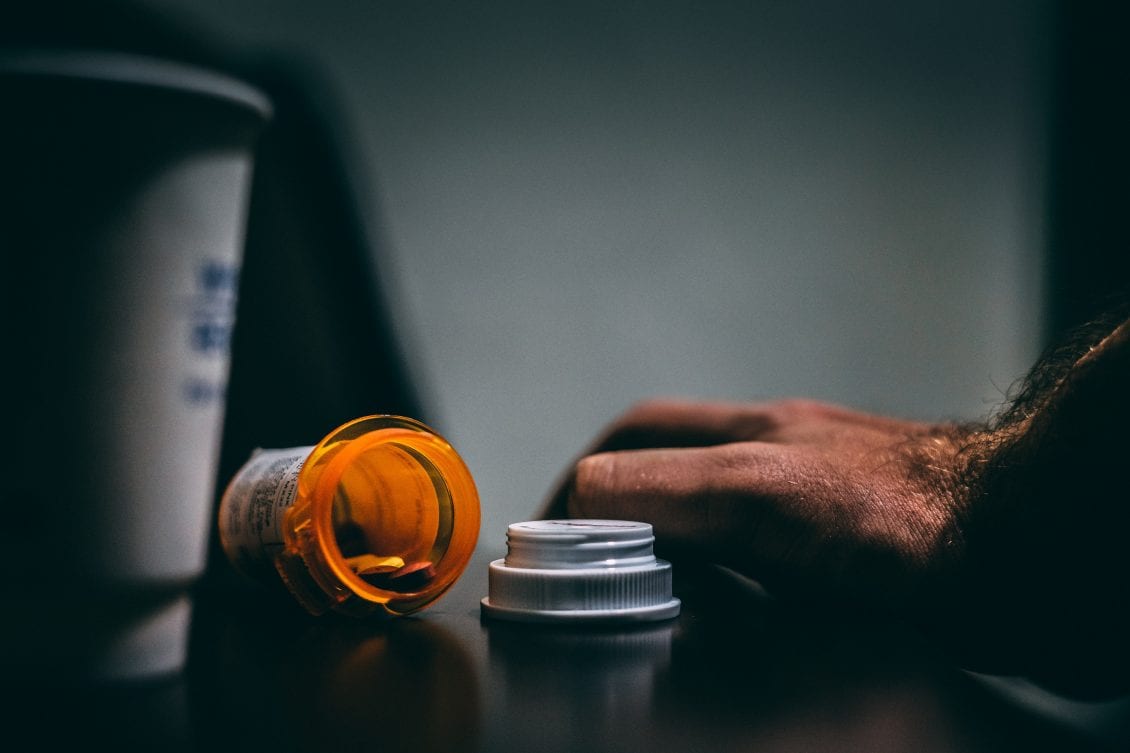Wales is currently experiencing a drug epidemic, with drug-related deaths reaching record levels in 2019.
The Office for National Statistics has stated that the country has experienced an 84% increase in drug-related deaths over the last decade, which is a terrifying statistic.
With this in mind, citizens need to be vigilant and try to help anyone who they suspect is taking drugs.
That being said, confronting, comforting and supporting someone who you think might be taking drugs can be a challenge, which is why we’ve put together a list of practical tips.
Talk To Them In A Safe Space
If the person you know who might be taking drugs is someone close, or that you’re responsible for, then the first thing you need to do is find out if they’re definitely taking them. This means talking to them and trying to get them to discuss the issue with you. Create a safe space for them to discuss what’s going on by talking somewhere private. If possible, talk to them in their own space so that they feel in control of the situation and secure. Make them aware that you don’t judge them, and that you’re just trying to help.
Find Out What They’re Taking
Having spoken to the person, you need to find out exactly what they’re taking. They might not have been honest with you, or they might have denied everything, so you should try to find out what they’re taking by yourself if possible. Talk to some of their friends and see if you can learn what they’re doing so that you can work out your next steps. You could also research the symptoms of various different types of drugs, so that you can try to identify what they’re taking and understand how addictive it is and what the side effects might be.
Take Them To Their Doctor
Once you’ve established that they’re taking illegal drugs, you should take them to their doctor. They’ll be able to help them to deal with their addiction and provide them with practical support and advice on getting over their addiction. They might be able to offer them solutions that will help them to deal with the withdrawal symptoms they will experience once they come off the drugs they’re addicted to.
Find Them Professional Help
Professional rehab programmes will be able to give your loved one the support they need to overcome their addiction and make lasting progress. If they need help with drug addiction, but don’t want to stay in a rehabilitation centre, then Help Me Stop’s non-residential programme can fit around their life and give them the support they need. They won’t have to stay overnight, but instead undertake rehab sessions that are tailored to their needs and schedule.
Educate Yourself About Drug Addiction
Every drug addict has a different experience, but it’s important that you learn about the withdrawal symptoms and recovery processes involved with being addicted to the drug your loved one is taking. This will allow you to understand more about what they’re going through and give them the support they need. It will also help you to recognise signs such as withdrawal, relapse and more. All of this knowledge will make you able to give them better support throughout this challenging process.
Help Them To Overcome Any Life Challenges They May Be Facing
Drug use is often linked to poor mental health, and may be the result of a traumatic life event, such as the breakdown of a relationship, the loss of a job or another distressing experience. As such, if the person you know has suffered from another traumatic event, then this could have been the trigger that led them to take drugs. It’s important that you help them to get support for both the mental issue they’re facing and their drug addiction, so that they don’t relapse. You can also help them to deal with any physical issues they may be having, such as a lack of a safe home, limited income or an abusive relationship. This will help them to overcome their addiction in a safe, supportive environment.
Be Patient
Recovery is a long process, so you need to make sure that you’re patient and understanding. Do not put pressure on the person to do anything that they don’t want to, as you don’t understand their mindset and personal needs. Try to be understanding and support them through every stage of their recovery, so that they know they’re not alone during this frightening time in their life.
Talking to someone who might be taking drugs and helping them through the next steps can be a tough experience, but by following these tips you can find a way to get them the help they need. Every individual case is unique, so if you’re feeling overwhelmed always seek professional advice.








Leave a Reply
View Comments